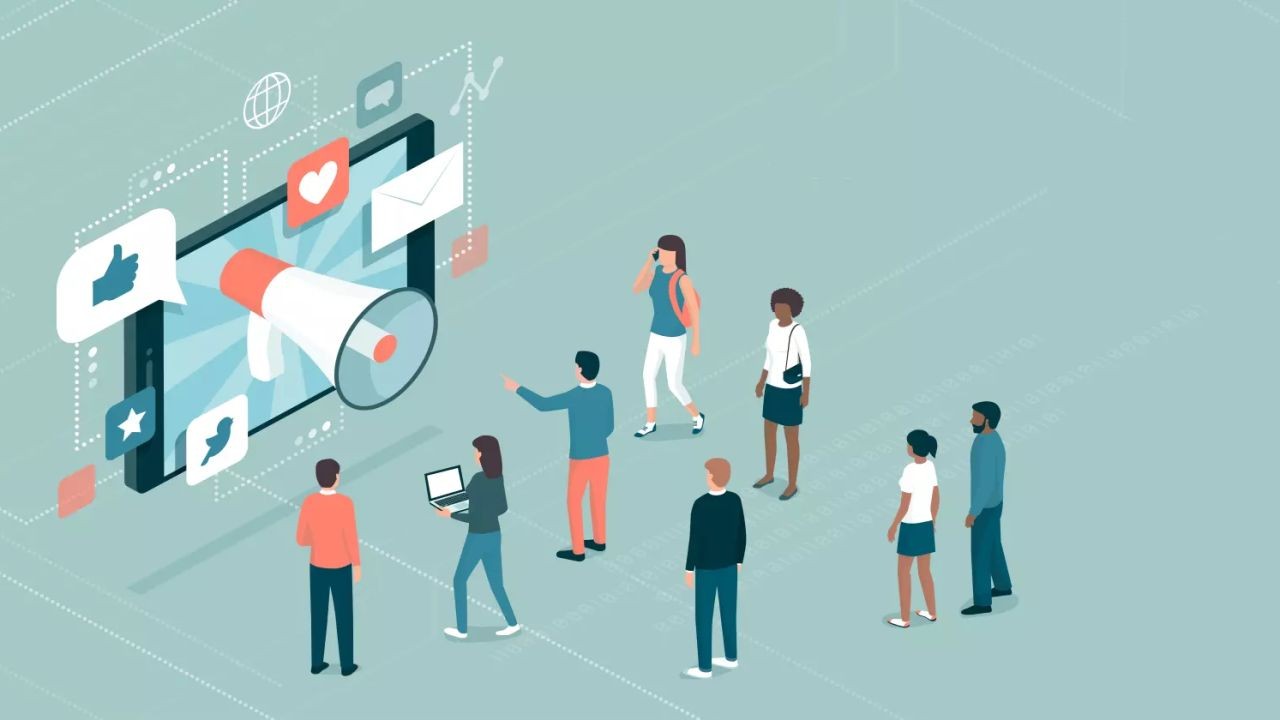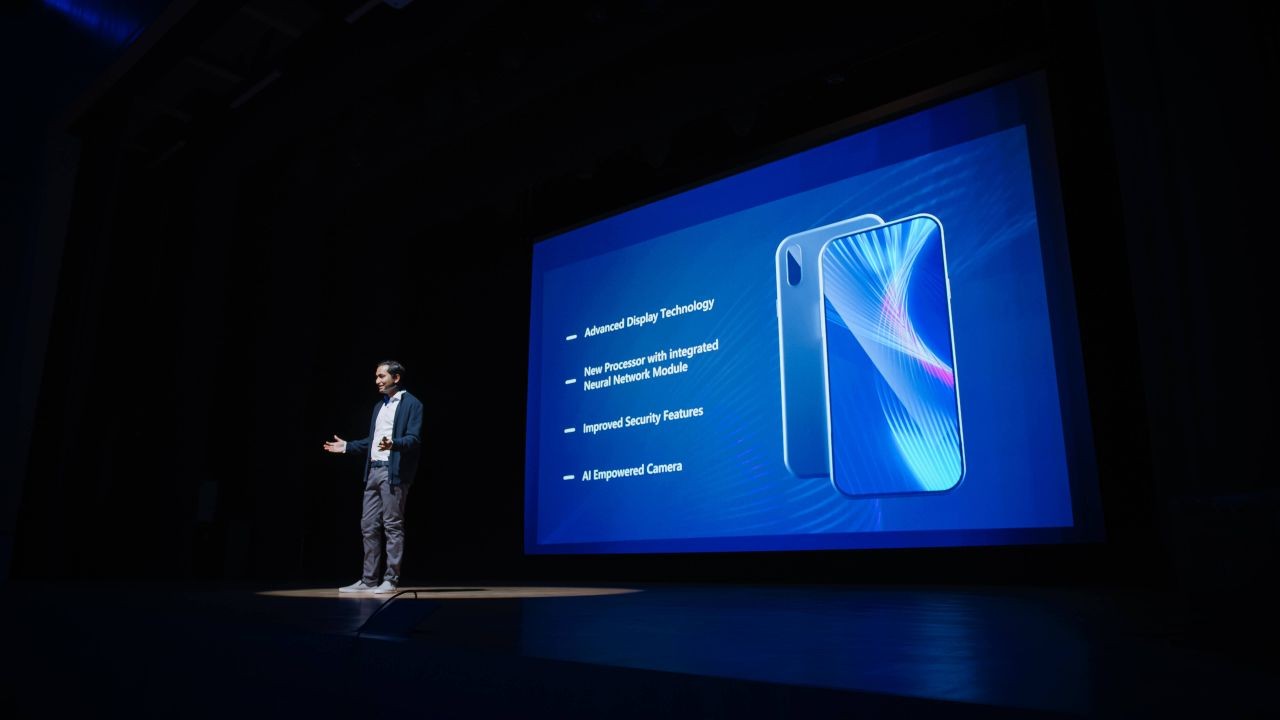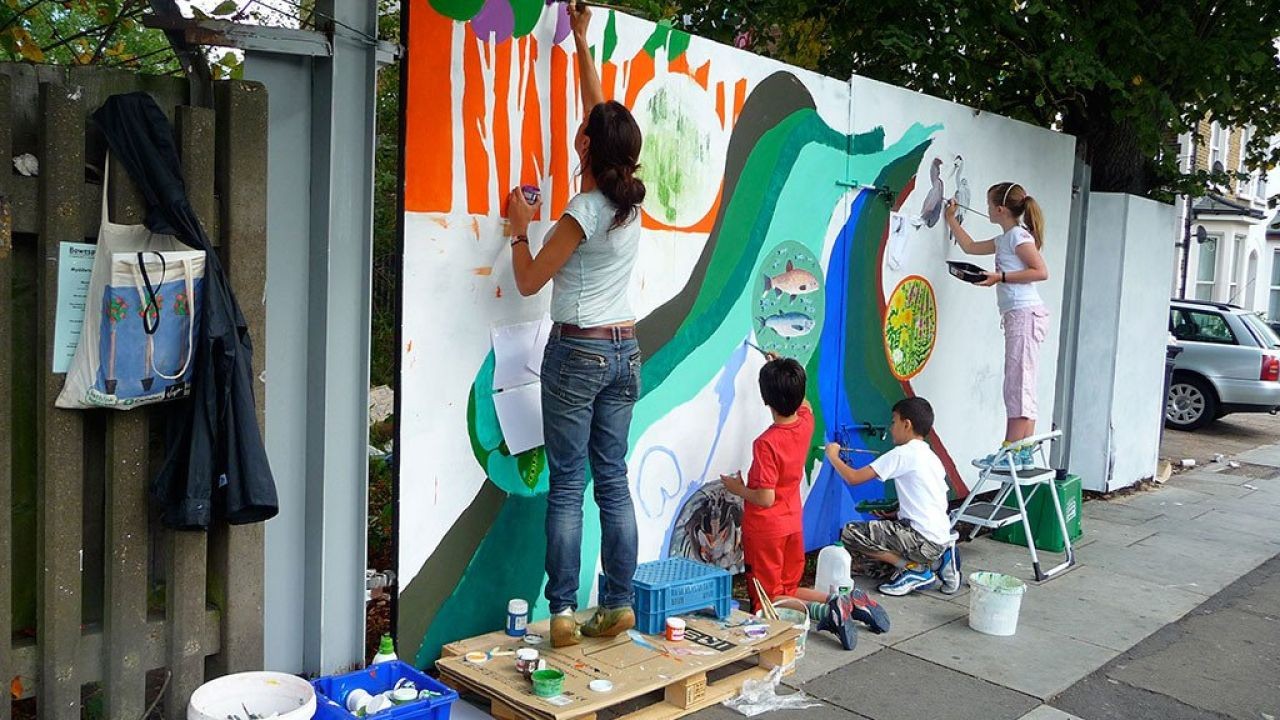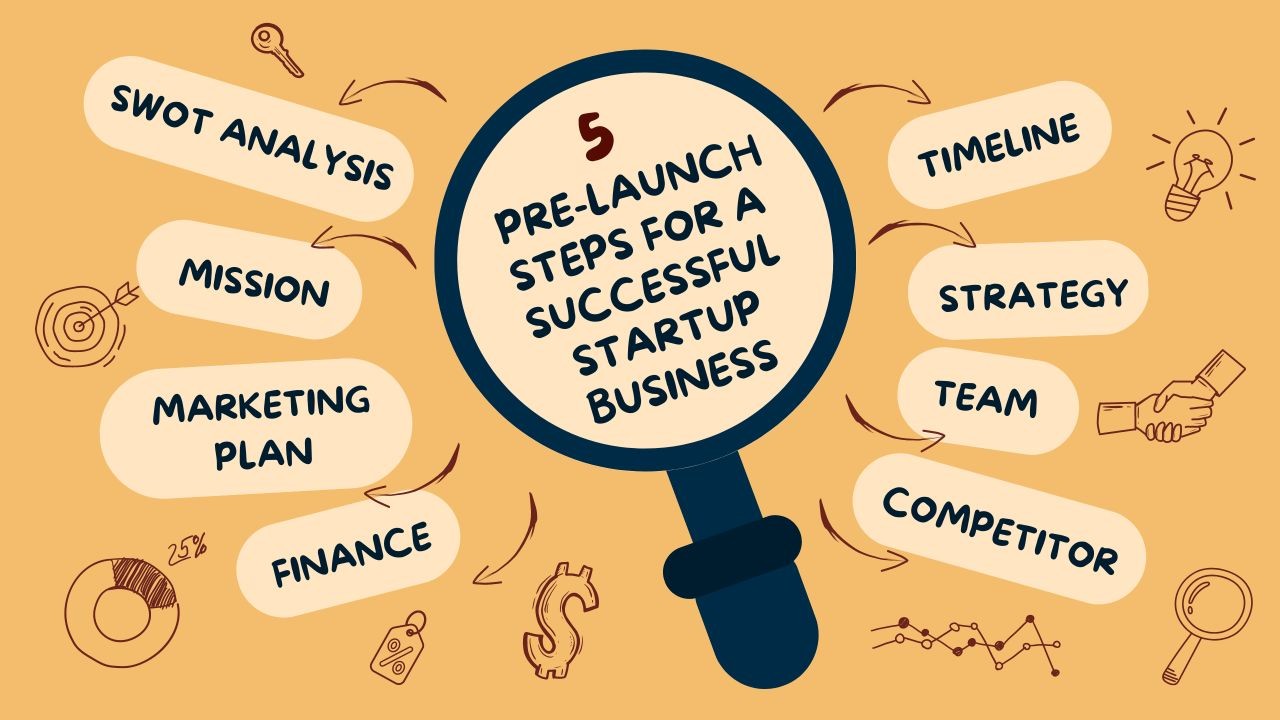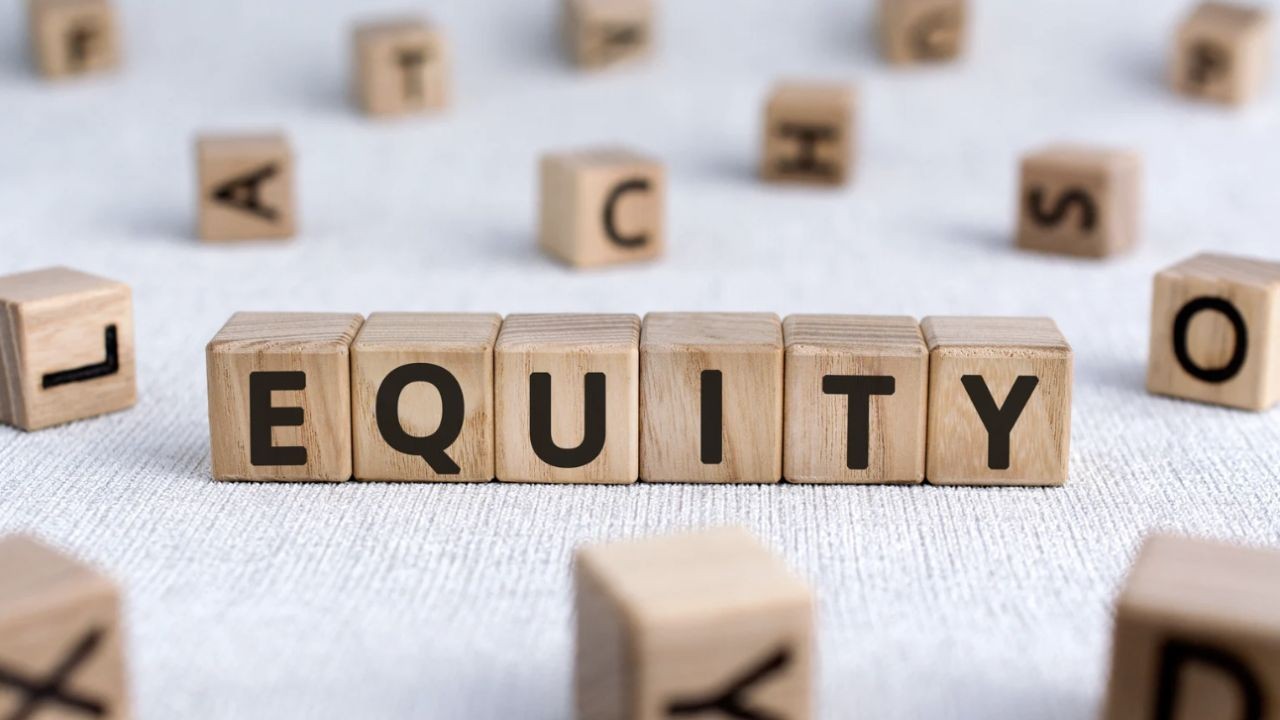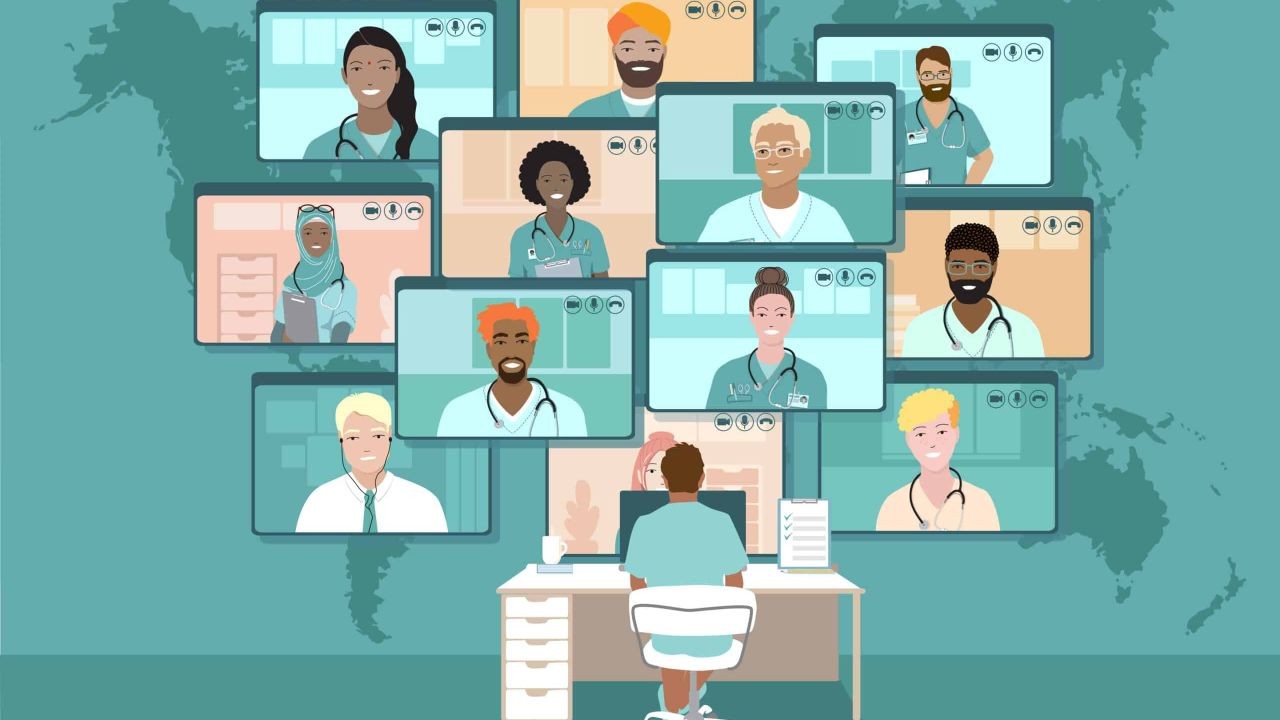In a rapidly digitizing world, social media has become an omnipresent force, reshaping societal norms and individual behaviors alike. In New Zealand, a country renowned for its serene landscapes and robust cultural heritage, this digital transition has created an unexpected paradox: a growing mental health crisis fueled by the very platforms meant to connect us. Understanding this phenomenon requires an exploration of the intricate relationship between social media use and mental health, alongside the unique challenges faced by Kiwis in this digital age.
The Rising Tide of Social Media Use in New Zealand
New Zealanders are among the most avid users of social media in the world. According to Stats NZ, in 2022, over 80% of New Zealand’s population actively used social media platforms. This widespread adoption has been driven by factors such as increased smartphone penetration and affordable data plans. Platforms like Facebook, Instagram, and TikTok have become integral to daily life, providing spaces for social interaction, business, and entertainment.
However, this digital engagement comes at a cost. A study by the University of Auckland in 2023 found a significant correlation between prolonged social media use and increased mental health issues among young Kiwis. These issues ranged from anxiety and depression to heightened levels of stress and loneliness.
Case Study: The Impact of Social Media on Kiwi Youth
Auckland-based high school, St. Mary's College, conducted a survey in 2022, revealing that 70% of students experienced heightened anxiety related to social media use. The pressure to maintain an online persona, coupled with the fear of missing out (FOMO), contributed to feelings of inadequacy and stress.
To combat this, the school implemented a digital detox program, encouraging students to reduce screen time and engage in outdoor activities. Over six months, participants reported a 30% decrease in anxiety levels, underscoring the potential benefits of reducing social media use.
Economic and Policy Implications
Social media's influence extends beyond individual well-being, impacting New Zealand's economy and policy landscape. The Ministry of Business, Innovation and Employment (MBIE) has noted the dual role of social media as both a business enabler and a source of economic strain. On one hand, digital platforms offer businesses unprecedented reach, with 60% of Kiwi SMEs citing social media as a critical tool for growth.
Conversely, the mental health repercussions translate into economic costs. According to the Reserve Bank of New Zealand, mental health issues cost the economy approximately NZD 12 billion annually in lost productivity and healthcare expenses. Policymakers are thus grappling with the need to balance the benefits of digital connectivity with the societal costs of mental health deterioration.
Data-Driven Insights
Recent data from the New Zealand Health Survey highlights a worrying trend: a 25% increase in mental health service utilization over the past five years, correlating with the rise in social media use. This data underscores the urgent need for targeted mental health interventions and digital literacy programs.
The Role of Social Media Algorithms
The algorithms that power social media platforms are designed to maximize user engagement, often at the expense of mental well-being. These algorithms prioritize content that evokes strong emotional responses, inadvertently promoting negative content that can exacerbate mental health issues.
An analysis by the University of Otago revealed that exposure to such content could lead to a 15% increase in depressive symptoms among users. This raises ethical questions about the responsibility of tech companies in safeguarding user mental health.
Contrasting Perspectives: The Debate on Social Media's Impact
The debate around social media’s impact on mental health is multifaceted. Advocates argue that platforms offer invaluable connections and support networks, especially for isolated individuals. Critics, however, point to the addictive nature of these platforms and their role in spreading misinformation and fostering toxic environments.
Middle-ground solutions include advocating for increased transparency in algorithm design and promoting digital literacy to empower users to manage their online experiences effectively.
Pros and Cons of Social Media Use
- Pros:
- Enhanced Connectivity: Facilitates communication and community building.
- Business Opportunities: Provides a platform for marketing and customer engagement.
- Access to Information: Offers a wealth of knowledge and resources.
- Cons:
- Mental Health Risks: Linked to anxiety, depression, and stress.
- Privacy Concerns: Risks of data breaches and misuse of personal information.
- Algorithmic Manipulation: Exposure to negative content can skew perceptions.
Myths and Misconceptions
Several myths persist about social media and mental health. Let’s debunk a few:
- Myth: "Social media is solely a negative influence on mental health." Reality: While it poses risks, social media can also provide support and community, particularly for marginalized groups.
- Myth: "Only young people are affected by social media." Reality: Mental health impacts are seen across age groups, with adults also experiencing stress and anxiety from social media use.
- Myth: "Reducing screen time is the only solution." Reality: While reducing usage helps, promoting digital literacy and healthy online habits is equally important.
Future Trends and Predictions
Looking ahead, the integration of artificial intelligence in social media platforms is set to deepen. By 2026, AI could personalize user experiences more accurately, potentially mitigating some negative impacts. However, this also raises concerns about data privacy and ethical considerations.
Policymakers in New Zealand are likely to introduce stricter regulations to protect users, focusing on transparency and accountability from tech companies. This could include mandating mental health impact assessments for digital platforms.
Conclusion
The interplay between social media and mental health in New Zealand presents both challenges and opportunities. As digital platforms continue to evolve, so too must our approaches to managing their impact on well-being. By fostering digital literacy, advocating for ethical tech practices, and prioritizing mental health in policy discussions, New Zealand can navigate this complex landscape effectively.
What’s your take on social media’s impact on mental health? Share your insights below!
People Also Ask
- How does social media impact businesses in New Zealand? NZ businesses leveraging social media report 25%+ higher customer retention, according to MBIE. Adopting strategic social media practices can enhance engagement and revenue.
- What are the biggest misconceptions about social media and mental health? One common myth is that only young people are affected. However, research from the University of Auckland shows mental health impacts are seen across all age groups.
- What strategies can help mitigate social media's impact on mental health? Experts recommend promoting digital literacy, reducing screen time, and encouraging healthy online habits for long-term well-being.
Related Search Queries
- Social media mental health statistics NZ
- Impact of digital technology on mental health
- Social media regulations in New Zealand
- Mental health services NZ
- Digital detox programs NZ
- Social media algorithms and mental health
- Future of social media in New Zealand
- AI in social media platforms








